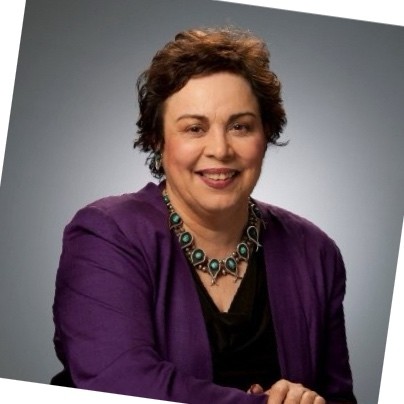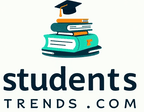Higher education industry trends Evolving student expectations and institutional changes. More students are choosing online courses, reducing the need for physical classrooms. Universities are adapting by offering hybrid programs that mix virtual and in-person instruction, giving students more flexibility in how they earn their degrees.
Degrees Are No Longer the Only Path to Success
The job market is shifting toward skills-based hiring, making alternative education options like micro-credentials, boot camps, and professional certifications more valuable. Many students bypass four-year degrees in favor of specialized training that leads directly to employment.

Tuition Costs Are Facing More Scrutiny
With rising college expenses, students are questioning the return on investment of a degree. To attract students looking for cost-effective learning options, more institutions are offering tuition-free models, income-share agreements, and employer-sponsored education programs.
Mental Health Support Is Becoming a Priority
Colleges are expanding mental health resources, offering on-campus counseling, wellness programs, and flexible academic schedules. Increased focus on student well-being is changing how universities approach education and support services.
Internships and Work-Integrated Learning Are in High Demand
Students are seeking practical experience alongside their studies. Universities are strengthening partnerships with businesses to provide internships, apprenticeships, and cooperative education programs that give students real-world skills before graduation.
AI and Automation Are Influencing Teaching Methods
Professors are using AI-powered tools to personalize learning, automate grading, and provide instant feedback. Chatbots, virtual tutors, and adaptive learning platforms are becoming essential components of the modern college experience.

Diversity and Inclusion Are Reshaping Campus Culture
Colleges are making efforts to create more inclusive environments, implementing policies that support diverse student backgrounds, gender equality, and accessibility. Institutions are focusing on equity-driven education models to meet evolving societal expectations.
The traditional college experience is changing rapidly, with institutions adapting to new technologies, financial pressures, and student demands. These shifts are redefining higher education and shaping a more flexible and career-focused learning environment.

I have 20 years of experience in higher education leadership. I held prominent academic positions at various institutions, concentrating on key areas such as student learning, faculty development, curriculum design, and institutional accreditation. As the Team Chair for eleven accreditation evaluations with the Middle States Commission on Higher Education, I have successfully directed thorough assessments that uphold academic standards and regulatory requirements. Furthermore, I have provided consulting services to major international institutions, offering guidance on accreditation processes, strategic planning, and governance frameworks. Her extensive knowledge in assessment, budget management, and collective bargaining and her commitment to academic excellence and institutional effectiveness make her a passionate champion for shared governance in higher education.
